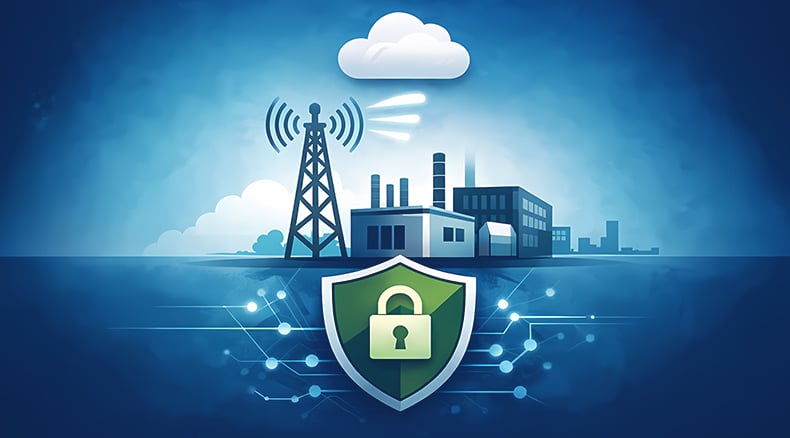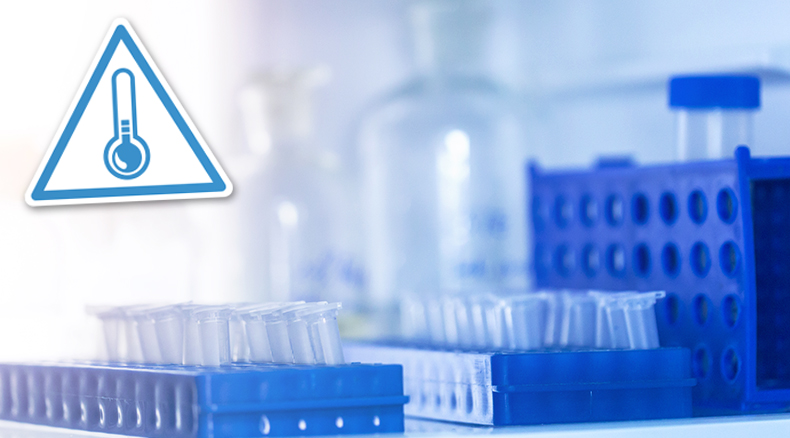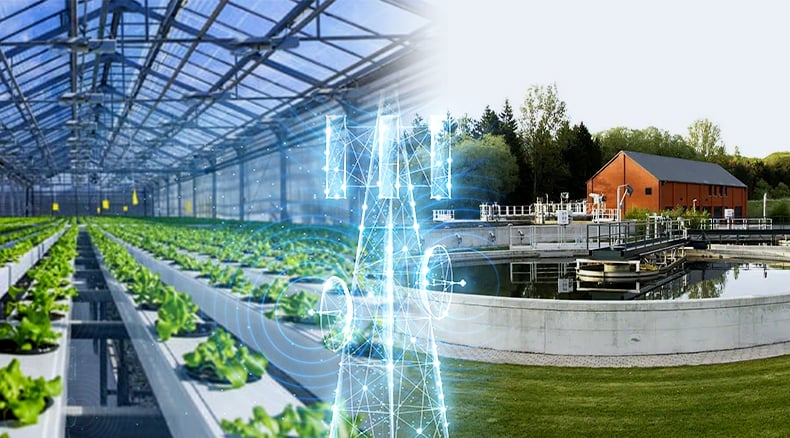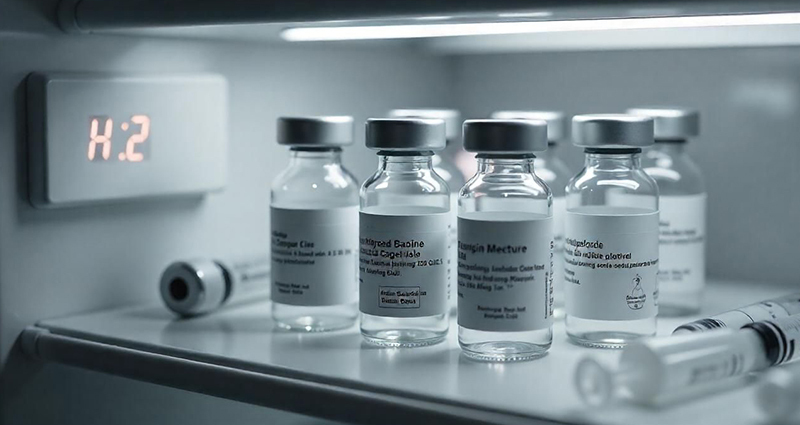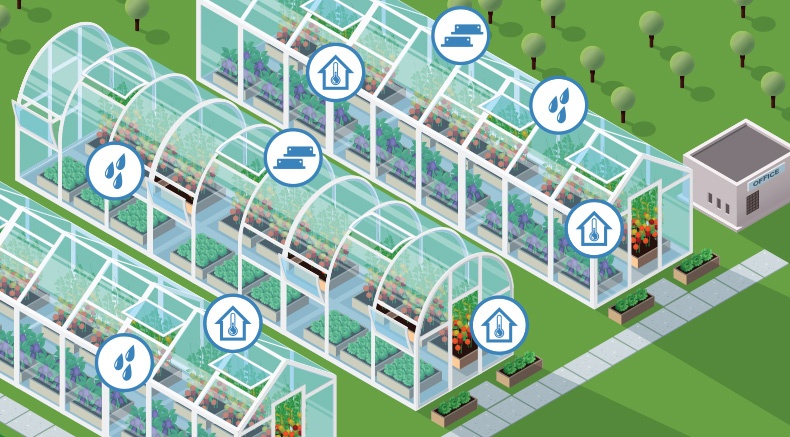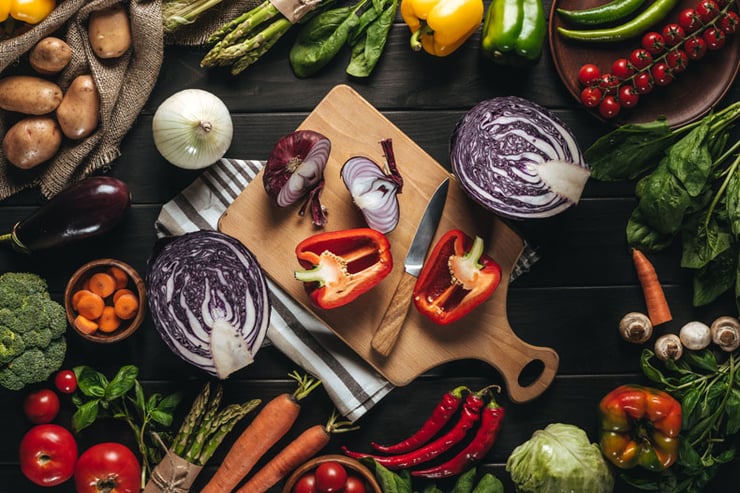
Storing temperature-sensitive products presents many challenges for food supply companies. Food that isn't stored properly can spoil quickly and become unsafe to eat. In fact, the Food and Architecture Organization of the United Nations reports that one-third of all the food produced in the world for human consumption is either lost or wasted - 1.3 billion tons!
The cold chain is a well-known method for keeping perishable food in a healthy temperature range. The theory is simple: keep the temperature of the food unbroken all along the supply chain - from manufacture to point of sale. Effective refrigeration all along the products’ journey including processing, distribution, and retail ensures that food is not compromised. Food suppliers need to implement a hazard analysis and critical control points strategy to ensure that food temperatures don't fall out of range at any step along the way. The task sounds daunting, but today's temperature monitoring technology makes it easy.
Automating Data Collection for Food Safety
To manage the cold chain and ensure food safety, we recommend using a remote monitoring system that includes a data logger. A remote monitoring system is an electronic device that constantly reads the values of temperature sensors located in or around the food stored in refrigerators and freezers. The base unit is the heart of the system, pulling data from the sensors. Users set the safe temperature range in the system, and the system alarms if the temperature falls outside that range. The data logger records this information at set time intervals with a time-date stamp so that it can be used for reporting and analysis.
Because remote monitoring systems are inexpensive and easy to install and maintain, they are a cost-effective way to maintain the integrity of the cold chain. You can also monitor other critical conditions like moisture, humidity level and power outages.
Maintaining Records for Compliance
The FDA’s Food Safety Modernization Act requires food providers to monitor and document temperatures throughout processing, transportation and distribution. A cloud-based monitoring system with a mobile app like the Sensaphone Sentinel functions as a data logger. It allows you to maintain records and generate time- and sensor-specific reports to demonstrate compliance with internal, industry and government standards.
This data history is also valuable in identifying trends in temperature fluctuations. Recognizing unusual patterns can provide insight into looming equipment malfunctions. Cloud-based logging provides an unlimited number of records for users to view, graph, print and export data trends. You can store unlimited amounts of data, access this data and make system changes at any time on a smartphone, tablet or computer.
Instant Notification of Potential Issues
Instant notifications can mean the difference between a food product being saved or compromised. Although commercial refrigerators and freezers come with thermometers, many don't have a way to alert personnel if the temperature drops or the power fails. Having staff manually check and record the temperature around the clock is impractical and unreliable. Just because the air and products inside of the unit feel cold, that doesn't mean it is the appropriate temperature to maintain food safety and quality.
Remote monitoring systems notify you as soon as an issue occurs. If temperatures fall out of range or the power goes out, the system alerts designated personnel via phone call, text or email. Sensors are available for monitoring a variety of conditions, including:
- Temperature changes
- Power failures
- Air pressure
- Timers and alarms
- Humidity
- Water seepage and floods
- Intrusion
Cold storage temperature monitoring systems are ideal for any applications that require constant monitoring of temperature-sensitive products. For more information about solutions for monitoring food cold storage, contact us today.

